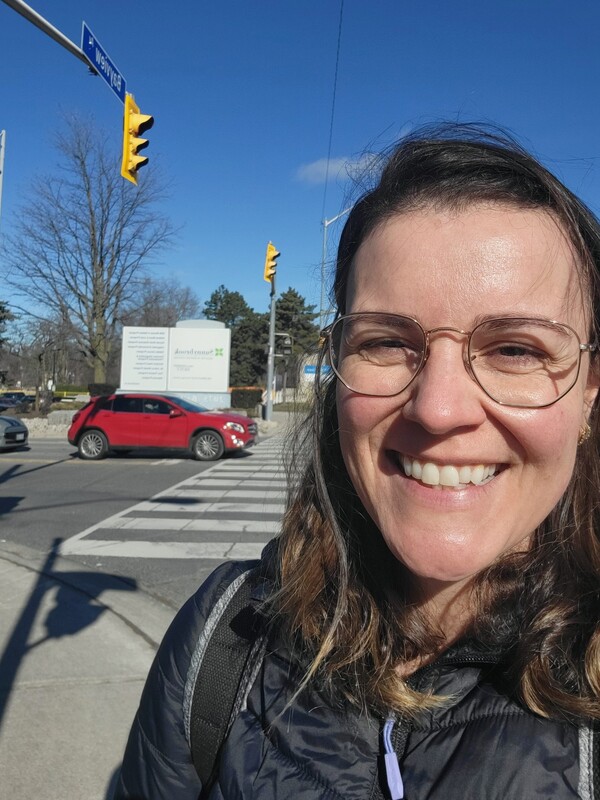Mobile Menu
- About Us
- Faculty & Staff
-
MScPT Program
- Curriculum
- Admissions
-
Students
- Student Resources and Supports
- Fees & Tuition
- Financial Aid
- PT Student Association
-
Handbook
- Academic Program
- Registration and Enrolment
- Withdrawing from Courses
- Time to Completion
-
Policies and Regulations
- Academic Appeal Policy
- Assessments, Grading, Promotions and Failure
- Attendance Policy
- Copyright, Recordings, and Online Etiquette
- Guidelines on Classroom and Clinical Skills Lab Conduct and Management
- Guidelines on Course Changes
- Guidelines on Student Accessibility
- Professionalism Policy
- Remedial Support Policy
- Termination Policy
- Learner Mistreatment
- Face Masking Policy
- Forms
- Getting Started as a New Student
- Important Dates
- Clinical Education
- Research
- Alumni & Friends
- Bridging Program
